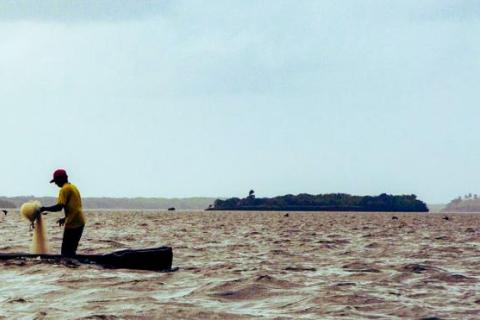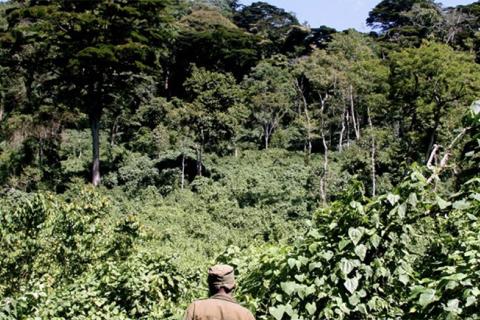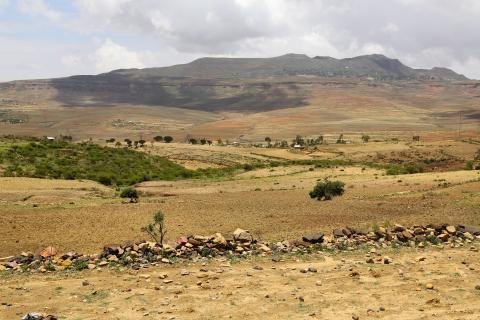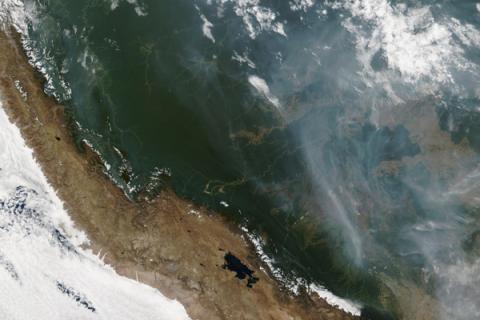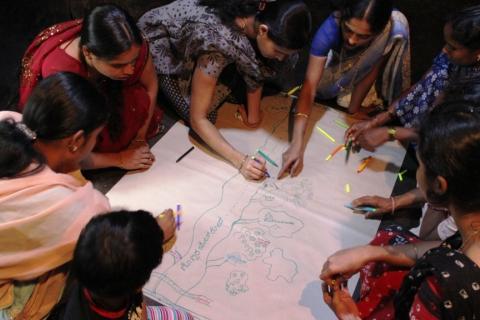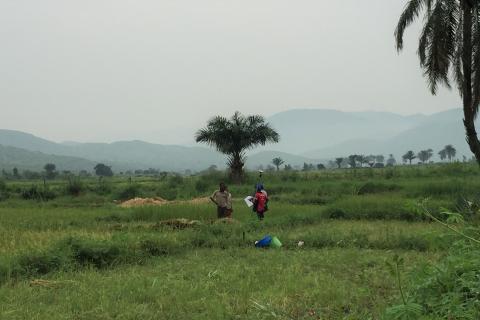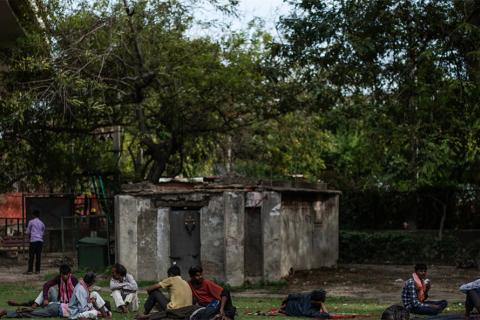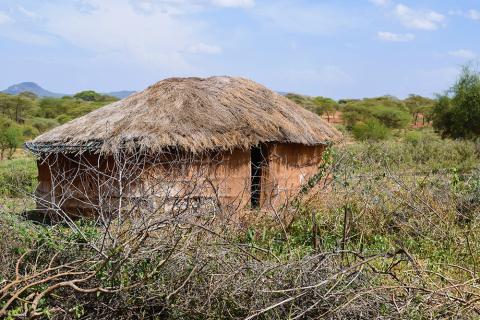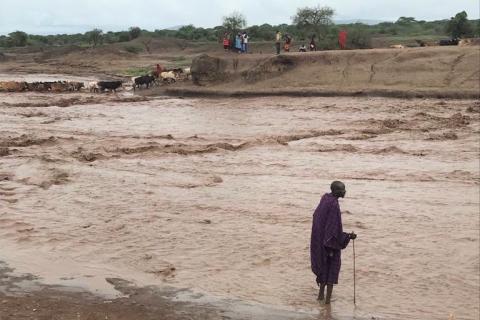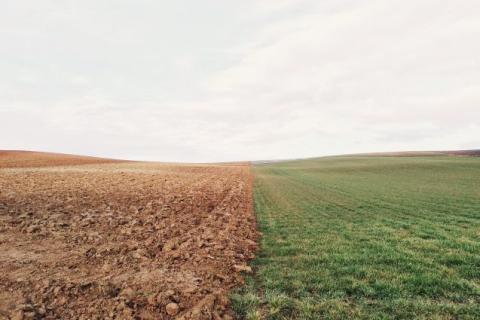14 September 2020
I am Dolene Miller, an Afro-descendant from the Caribbean (Atlantic) Coast of Nicaragua and for me it is important and very necessary to support any initiative to protect my community from COVID19. As ethnic minorities, we are facing a health crisis in precarious conditions because the national
11 September 2020
The global conservation community now faces the added challenge of Covid-19 on top of a longstanding set of complex conservation, sustainability, and development challenges. In the wake of this pandemic, return to business as usual is not a viable option. The existing systems and structures upon
28 May 2020
Law Project 2.633/2020 is presented to the Brazilian Congress and may sign a point of no-return in the struggle for the Amazon and its socio-biodiversity
22 May 2020
The Government of India has announced an ambitious effort to map residential areas in villages using drone technology and provide “property cards” to these rural owners. In its first phase, the Svamitva (“Ownership”) scheme will map 100,000 villages in six states, with the scheme ultimately
20 May 2020
The ongoing pandemic and the formal and informal responses to its spread have very direct impacts on the food and nutrition security of people in all parts of the world. Strong concerns have been voiced that the global health crisis could turn into a global food crisis.
30 April 2020
Anna Letaiko is a middle-aged woman with a soft voice that carries wisdom and strength. Her husband is an older man, and together they live in small mud house in Mundarara – a remote village in Longido district in Tanzania, accessible only by a rough dirt road. It is a Maasai community similar to
31 March 2020
As a Swahili speaker from Tanzania, I have not often had the opportunity to meet or work with people from remote Maasai communities. However, I recently visited the villages of Naisinyai and Mundarara in the north of the country as part of a global research project on women’s land rights in
30 January 2020
I write this blog as our project team embarks on a fifth year of work on women’s land tenure security (WOLTS) with pastoral communities in mining-affected areas of Mongolia and Tanzania. Just before Christmas 2019, we were in Mundarara village in northern Tanzania. Exceptionally heavy rains made
27 August 2019
Banks must stand with Indigenous and local communities in respecting their land rights
In 2018, every week more than three people were murdered, defending their land and environment from destructive industries like mining, logging and agribusiness. These killings represent the extreme end of a
23 August 2019
The climate crisis will reshape our relationships to land around the world. Journalist David Wallace-Wells warns that, once the planet warms 2°C above preindustrial levels — the target set by the Paris Agreement — “major cities in the equatorial band of the planet will become unlivable,” and 400

